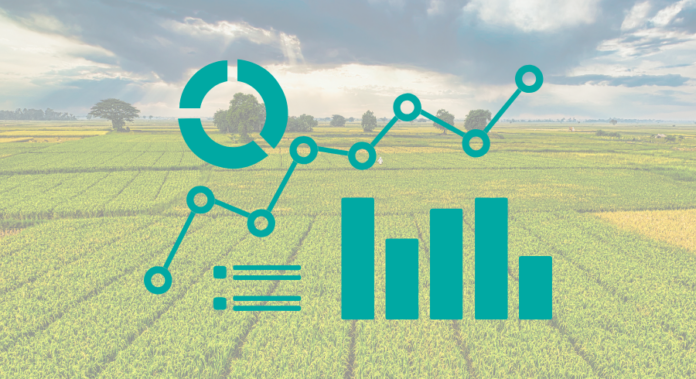The National Assembly Standing Committee on National Food Security and Research assessed the role of agricultural research in strengthening Pakistan’s food security on Tuesday, while expressing doubts about the accuracy of reported improvements in crop yields.
According to media reports, the committee, Chaired by Syed Tariq Hussain, received a detailed briefing from the University of Agriculture Faisalabad (UAF) vice chancellor. He outlined the university’s focus on future projects aimed at addressing climate change, improving water management, promoting mechanisation, and utilising resources more efficiently. Key priorities include seed development, education, awareness, and AI-driven climate-smart agriculture models.
The vice chancellor highlighted progress in developing high-yield crop varieties such as ‘UAF-11’ Brassica and ‘Okra-3A’, as well as advancements in soya bean, maize hybrids, mangoes, citrus fruits, and genetically modified sugarcane. These efforts, he said, are critical to enhancing crop yield, quality, and resilience, thereby supporting national food security and agricultural development.
However, the committee raised concerns about sugarcane yield data presented during discussions on Public Sector Development Programme (PSDP) projects. The figures showed an increase from 600 to 700 maunds per acre over five years, but the data were sourced from sugar mills, which committee members pointed out often underreport production to avoid taxes.
They questioned the reliability of these figures and criticised the marginal gains despite substantial investment.
Challenges outlined by the UAF included policy gaps, security issues, water scarcity, budget constraints, and coordination shortcomings between the ministry and its departments.
The university’s strategic plans cover water and land management, technology and inputs, livestock and fisheries, rural development, agroforestry, research monitoring, and promotion of market-oriented agriculture. Collaboration with the Asian Development Bank focuses on DAP fertiliser production, import substitution, precision agriculture, AI integration, solarisation, climate mitigation, and digital agricultural extension.
With 135 ongoing collaborations, including 84 international partnerships, UAF also supports outreach activities like Chinese language training for member countries of the D-8 and OIC.
PSDP and ADB projects are developing advanced seed testing and certification labs, incorporating AI, drones, and sensors to improve research and farming techniques. The vice chancellor emphasized genetics, breed improvement, agronomy, agro-technology, and value addition as core focus areas.
Committee chairman Syed Tariq Hussain stressed the importance of shortening crop life cycles to reduce resource use, such as water and pesticides, which would ease the burden on farmers.




